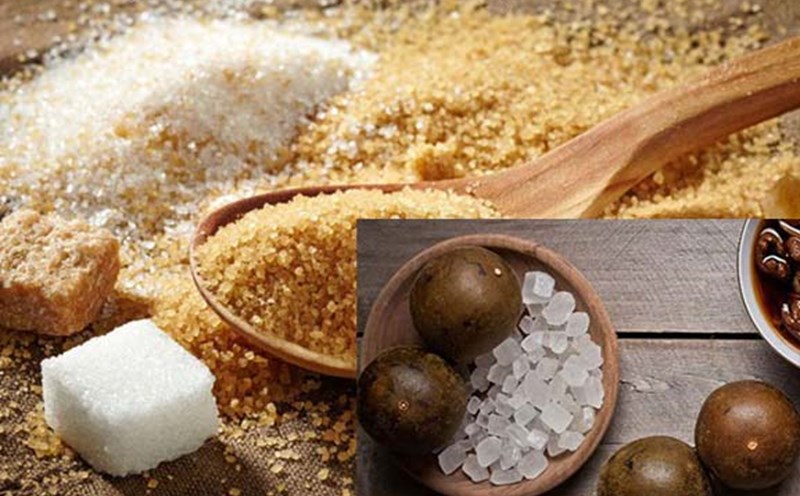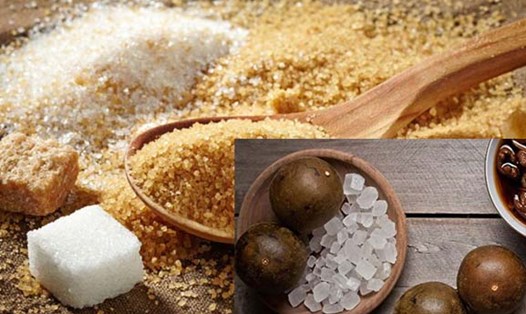In fact, the mortality rate after a heart attack in winter is higher than that after a heart attack in summer, said Dr Saikat Kanjilal, an interventional cardiologist at Manipal Hospital, Bengaluru (India).
Here are some key risk factors:
Weather temperature, environment
In cold weather, the ambient temperature is lower, activating the sympathetic system in the body, accelerating the heart rate to supply more oxygenated blood to the extremities for warmth.
“Blood vessels constrict and narrow, forcing blood to pump harder, increasing blood pressure in most people during the cold season. In people with high blood pressure or underlying health conditions, too much blood flow can narrow the coronary arteries, reducing blood flow and oxygen to the heart and heart muscle,” Dr. Kanjilal noted.
As your blood volume is higher in winter, this fluid buildup also leads to high blood pressure, which puts stress on the heart.
Hormonal changes in cold weather
Winter changes some hormones, increasing cholesterol levels, increasing blood clotting factors and plasma fibrinogen levels.
This makes the blood sticky because the platelets form clots. Even if these clots are small, they can block the already constricted blood vessels, cutting off blood from getting where it needs to go. This can cause both heart attacks and strokes.
Reduced activity level
During the winter, many people tend to limit their outdoor activities and reduce their physical activity levels due to the cold weather. This lack of activity can lead to weight gain, poor blood circulation, and an increased risk of cardiovascular disease.
Diet changes
During the winter, many people tend to eat more foods high in fat and sugar to keep their bodies warm. This can increase the risk of obesity, high blood fat, and atherosclerosis, which in turn increases the risk of heart disease.
Vitamin D deficiency
With limited sunlight in winter and impaired vitamin D absorption, deficiency affects calcium metabolism, which regulates electrical impulses. Vitamin D deficiency can cause irregular heartbeat or arrhythmia.
Dry climate
Winter is often accompanied by cold, dry air, which dries out the skin and mucous membranes. This can increase blood vessel blockage, affect blood circulation and increase the risk of heart disease.











